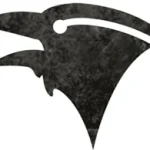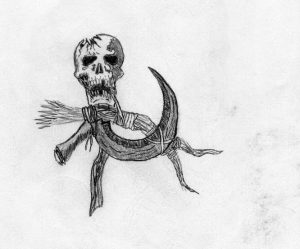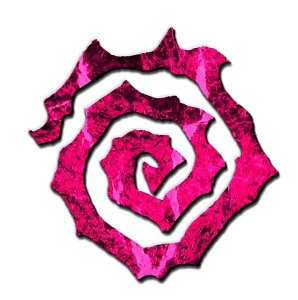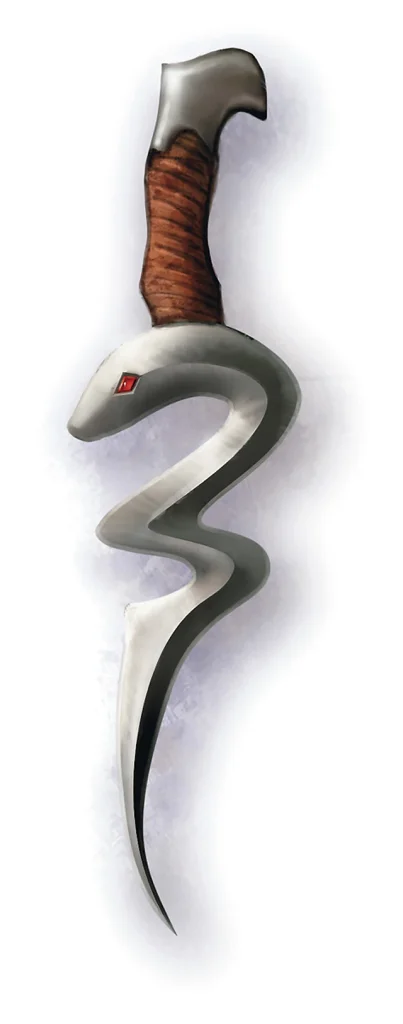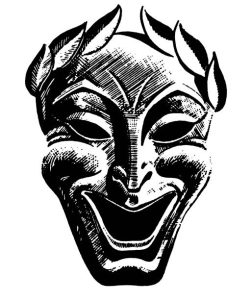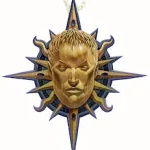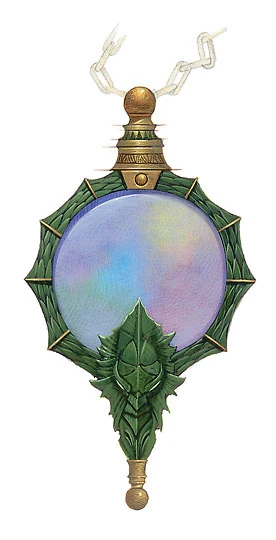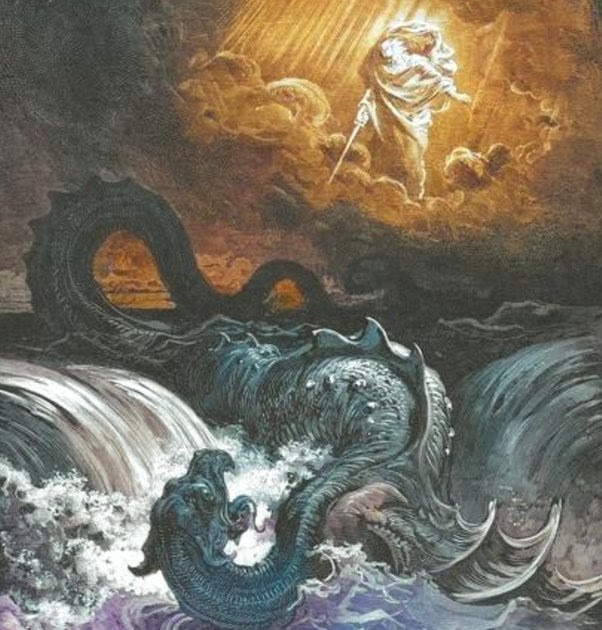
The Dawn War Pantheon lies at the heart of Rosenhall’s mythic tapestry, a divine assembly forged in the crucible of ancient, cosmic conflict. These deities are more than mere symbols; they are the architects of existence, the custodians of mortal and immortal realms, and the arbiters of cosmic balance. Their influence touches every corner of the world, their rivalries shape the fates of nations, and their blessings and curses fall upon adventurers who dare to invoke their names.
Origins of the Dawn War
Long before the mortal races took their first breath, the multiverse was a formless void, a vast canvas upon which the Primordials painted with the raw elements of chaos. From this chaos emerged the first gods, beings of purpose and will, who sought to impose order and shape reality. Central to their victory over the Primordials was the creation of the Lattice of Heaven, a divine framework that bound the planes together and kept the forces of chaos at bay. However, this fragile balance was shattered when Tharizdun, the Chained Oblivion, released the essence of Evil into the world. Shattering the Lattice, Tharizdun’s act sowed the seeds of discord and led to the rise of demonic and infernal forces, casting a shadow over all creation.
The Dawn War itself was an epoch-spanning conflict between the gods and the Primordials, whose raw, elemental chaos threatened to undo all the gods had built. This war raged across planes, from the fiery depths of the Elemental Chaos to the lofty peaks of Celestia. The gods, bound together by necessity, forged alliances and unleashed their divine might, but the Primordials were relentless, wielding the raw forces of fire, water, earth, and air with devastating power. Entire worlds were sundered, and the heavens themselves trembled under the weight of their battles. The gods’ champions—angels, exarchs, and even mortal heroes—stood as the last line of defense, while some mortals became tools for the gods, their very lives shaped by divine intervention and sacrifice.
The gods’ eventual triumph came at a great cost. Many deities perished in the conflict, their divine sparks scattered across the multiverse, and the wounds inflicted upon the planes have never fully healed. The war’s conclusion led to the forging of the Compact of Heaven, an agreement that established order and divided the governance of the multiverse among the gods. The gods of the seasons—Pelor, Sehanine, Corellon, and The Raven Queen—took turns serving as the Overgod of the Compact, aligning their rule with their respective season. This rotation maintained balance and ensured no single deity could dominate the pantheon. However, all changed when Asmodeus, the Lord of the Nine Hells, slew Tharizdun and declared himself the permanent Overgod. This act threw the pantheon into chaos, upending the delicate balance of power.
Whispers now spread that the recent replacement of the Raven Queen with the Arch-Angel Sindatari as the God of death, fate and winter was orchestrated by Asmodeus, a move to consolidate his rule and remove those who opposed him. The pantheon is fractured, and the mortal realm suffers for it. Paladins and clerics who openly defy Asmodeus or his church are finding their divine power waning in an event known as The Divine Drought. Faith is tested as divine magic falters, and the once-unshakable bonds between mortals and their gods begin to fray.
The Gods as Personifications
The gods of the Dawn War Pantheon often resemble the deities of Greek myth—personable, overly emotional, and frequently entangled in their own flaws. Some scheme and plot with grandiose plans, only to have their machinations undone by the bumbling incompetence of their mortal cults. Others forge direct relationships with players, becoming surprisingly casual in their interactions, offering power that dangerously tips the scales of fate. For those who are ambitious, the possibilities extend even further. It is entirely feasible to achieve immortality through a relationship with the gods, whether by slaying them and taking their place or becoming their chosen champion. Several former player characters have already ascended to immortality within the setting: Garrus Gelentara as the Champion of Death, Ilwe Larethian as the Archfey of Winter, Fenrona Hannah as the God of Time, and others who hold smaller but still significant titles.
Faith and Power in Rosenhall
In Rosenhall, the relationship between mortals and gods is dynamic and ever-evolving. Temples and shrines dot the landscape, serving as centers of worship and sources of divine magic. Priests and clerics act as intermediaries, channeling divine power to heal, protect, and smite. Yet faith in the gods is not without its complications. Some mortals question the gods’ motives, seeing them as capricious or distant, while others rebel outright, turning to forbidden pacts or mortal ingenuity to wield power beyond the gods’ reach.
Adventurers in Rosenhall frequently encounter the divine in both subtle and overt ways. They might stumble upon ancient relics imbued with divine power, receive cryptic visions from a god seeking their aid, or find themselves caught in the crossfire of a celestial feud. The gods of the Dawn War Pantheon offer immense power, but their blessings often come with strings attached. To align with a deity is to accept their influence—for better or worse—and to become a piece in their grand, cosmic game.
Building Your Legacy with the Gods
The Dawn War Pantheon invites you to explore the balance between mortal agency and divine will. As you navigate Rosenhall’s intricate web of faith, politics, and prophecy, remember: the gods may be powerful, but it is your choices that will define your legacy. Will you restore the balance they fought so hard to preserve, or will you tip the scales and reshape the world in your image? The gods are watching. The question is: what will they see?
The Divine Hierarchy
The Dawn War Pantheon is as diverse as the realms they oversee. From the benevolent gods of creation to the ruthless deities of destruction, their domains and philosophies vary widely, reflecting the full spectrum of mortal experience:
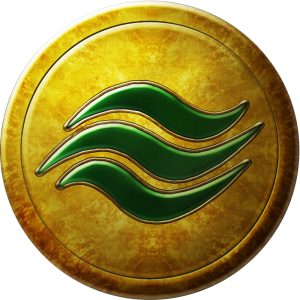
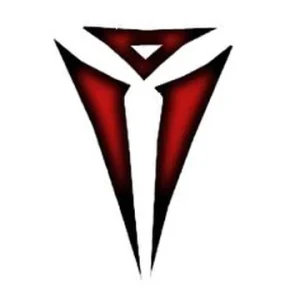
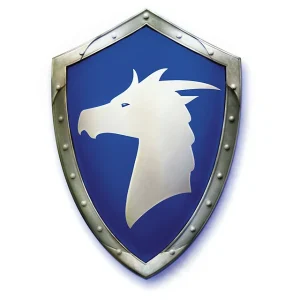
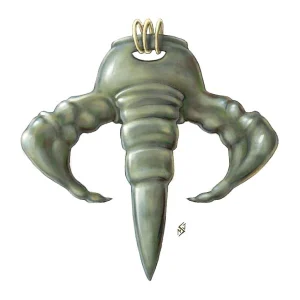
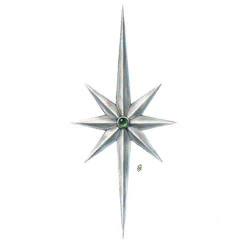
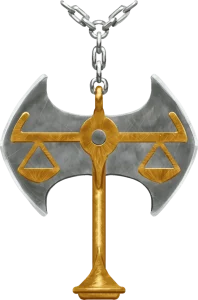
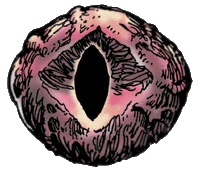
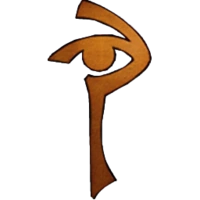
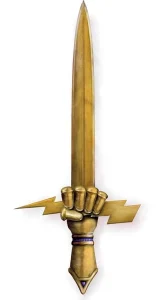
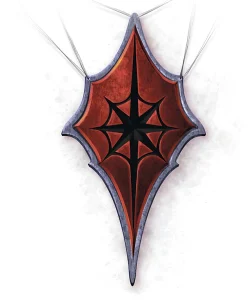
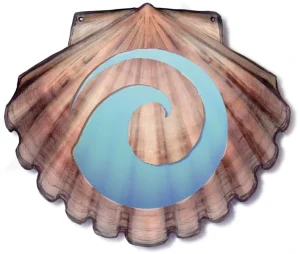
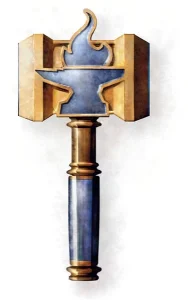
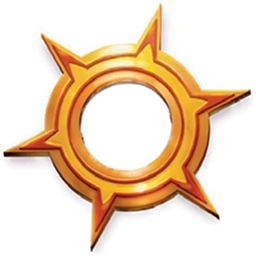
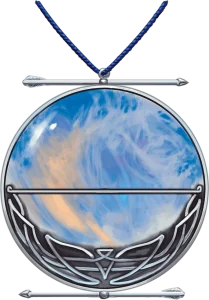
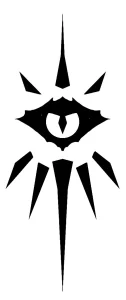
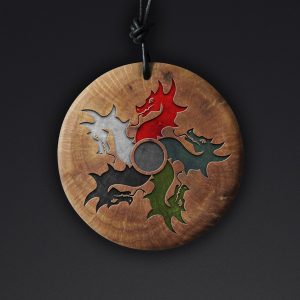
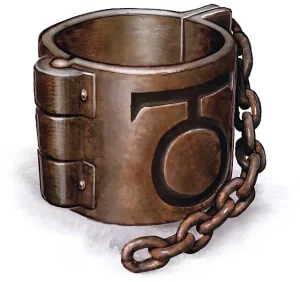
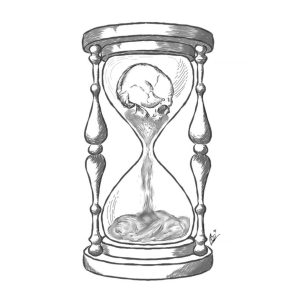
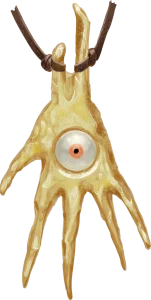
Dead Gods
Many gods have perished either during The Dawn War or due to the actions of mortals. However, many dead Gods still recieve prayers and their spark of Divinity is occasionally felt when invoked by enough believers.
